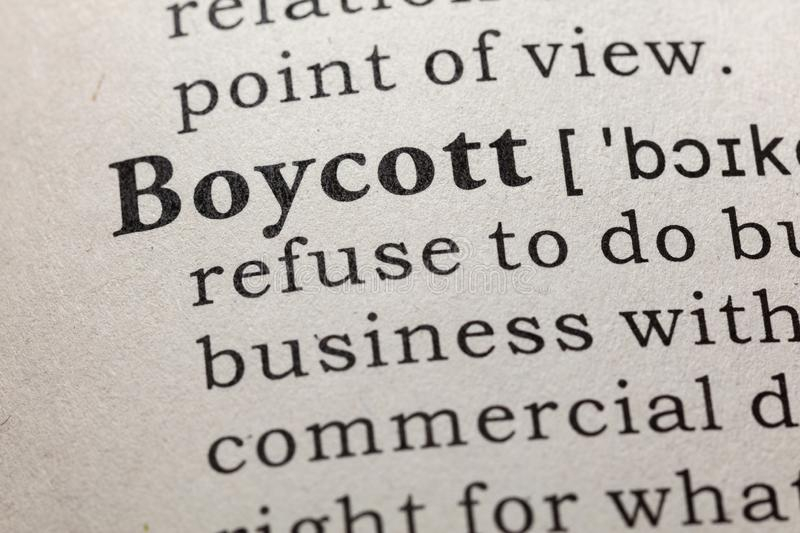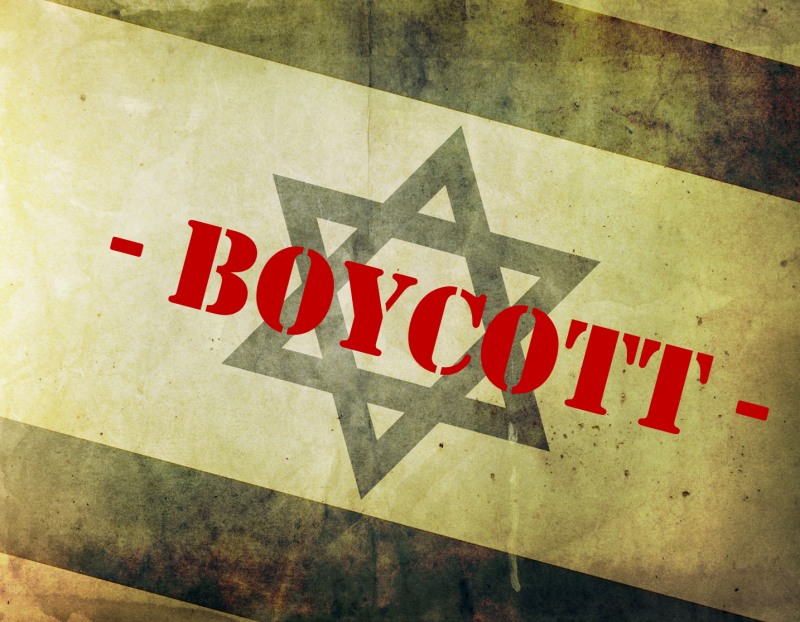Boycott
To "boycott" is to blatantly refuse to do business with someone or something because of what they are doing. It has historically worked well for "the little guy" to get back at a much larger company or wealthy employer since it frequently has an impact on what matters most to them: their bottom line. This was true of the first boycott, which involved Charles Cunningham Boycott, who bore his name. Boycott, a retired army commander, served as a land agent in the 1870s for a wealthy peer who owned a sizable amount of property in County Mayo, Ireland. Boycott's primary responsibility was to collect the outrageous rent from the villagers and to forcibly remove those who refused to pay.
Boycott exerted a little too much pressure in 1880. The entire neighborhood united against him and made him a pariah because he planned to evict 11 tenants at once. People would no longer work for him, merchants would stop selling to him, postmen would no longer deliver his mail, and the majority of people would stop speaking to him altogether. People who didn't agree to Boycott were forced or even frightened into doing so.
Without any other options, the land agent fled back to London and published an article in The Times detailing his situation. He had no trouble finding sympathizers. In order to prevent the Irish farmers from getting any ideas, the government gathered 50 volunteers who were willing to travel to County Mayo to harvest the crops. They also sent 1,000 members of the Royal Irish Constabulary and a regiment of the Royal Hussars to protect them.
The entire operation cost the government more than £10,000 to harvest crops worth £500. Boycott left County Mayo defeated because it was obvious they couldn't keep doing it, and his name was forever linked to his failure.












